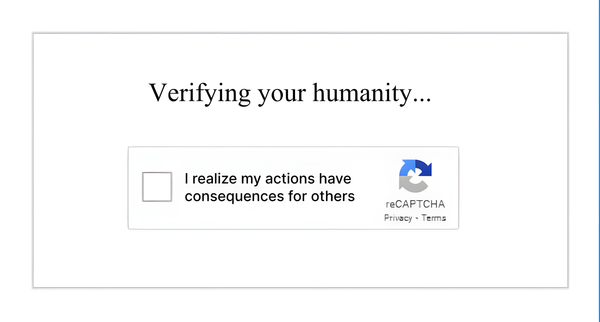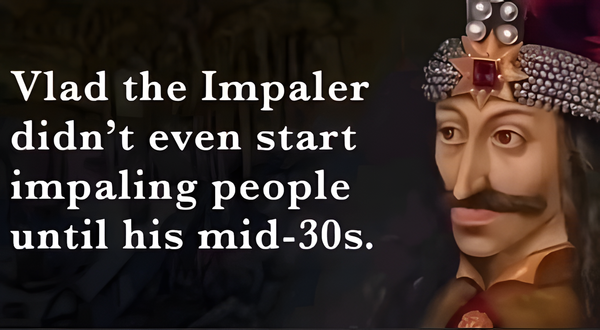The Manager's Guide – #88
Weekly Hand-Picked Collection Edition

Meetings for an effective eng organization
- 🗓️ Good meetings are essential for a well-run organization, serving as the heartbeat for communication and culture
- 🔄 Six core meetings recommended: weekly team meeting, technical spec review, incident review, engineering managers monthly, staff engineers monthly, and engineering Q&A
- 👥 Weekly team meetings are crucial for keeping direct reports aligned and fostering a “first team” mentality
- 📝 Technical spec and incident reviews should be document-driven and focus on audience feedback rather than presentations
- 🌱 Monthly meetings for engineering managers and staff engineers support ongoing team development
- 🙋♀️ Engineering Q&A sessions provide valuable insights into team concerns and build trust with leadership
- 📊 Scale meetings based on optimizing for the right participants and engagement levels
- 🤝 Integrate meeting approach with the wider company's communication strategy
Flow state: Why fragmented thinking is worse than any interruption
- 🧠 Flow state is more complex than just being focused; it requires a balance of skill and challenge
- 🔀 Internal interruptions and fragmented thinking are often more disruptive than external interruptions
- 🚫 Simply blocking out distractions is not enough to achieve true flow state
- 🏋️ Developers need to actively work on reducing fragmented thinking and improving work habits
- 🛠️ Reducing technical debt and improving information accessibility can help maintain flow state
- 🤝 Team-wide and organizational efforts are needed to optimize for higher-level thinking and productivity
Why Your Big Brain Needs Breathing Room
- 🧠 Strategic thinking requires mental space and time away from constant busyness
- 🏃♂️ The tech industry's obsession with “hustle culture” can be counterproductive
- 🖥️ Running your brain at 100% utilization, like a server, leads to burnout and lack of innovation
- 🔬 Making time for reflection is crucial for all roles, not just managers
- 🚀 Lack of strategic thinking can lead to misguided products and technical debt
- 📅 Scheduling dedicated “thinking time” and learning to say no are key strategies
- 👥 Managers need to model and encourage strategic thinking for their teams
Communicate like a Senior: Use clear deltas
- 📊 Communicate using clear deltas to make your points more convincing
- 🚀 Use deltas in performance reviews to quantify impact and tie it to team goals
- 💼 Apply the delta approach to resumes for more impactful descriptions
- 🤝 When seeking buy-in for decisions, present clear before-and-after scenarios
- ⏱️ Quantifying improvements (e.g., time saved, performance boost) increases persuasiveness
What causes new engineers to “sink or swim”?
- 🏊♂️ “Sink or swim” onboarding refers to minimal guidance for new engineers, often leading to slow ramp-up and reduced productivity
- 🎯 Clarity in role assignment is critical for early engineer experience
- 🤔 38.5% of engineers didn't know what to work on during onboarding, causing distress and decreased productivity
- 👥 Management and team support are top factors for onboarding success
- 📊 74.3% felt their manager was invested in their development, while 85.71% felt their team was invested
- 🚫 19.8% of engineers were not paired with a manager during onboarding
- 🛠️ Top areas for improvement recommended by new engineers were training and work distribution/planning methods
2024 Work Trend Index Annual Report from Microsoft & LinkedIn
- 🚀 75% of knowledge workers are already using AI at work, with 46% starting in the last 6 months
- 💼 78% of AI users are bringing their own AI tools to work (BYOAI), across all generations
- 🧠 68% of people struggle with work pace and volume, turning to AI for relief
- 🔍 55% of leaders are concerned about having enough talent to fill roles
- 🎓 66% of leaders say they would not hire someone without AI skills
- 🔄 46% of professionals are considering quitting in the year ahead, higher than before the Great Reshuffle
That’s all for this week’s edition
I hope you liked it, and you’ve learned something — if you did, don’t forget to give a thumbs-up and share this issue with your friends and network.
See y’all next week 👋



